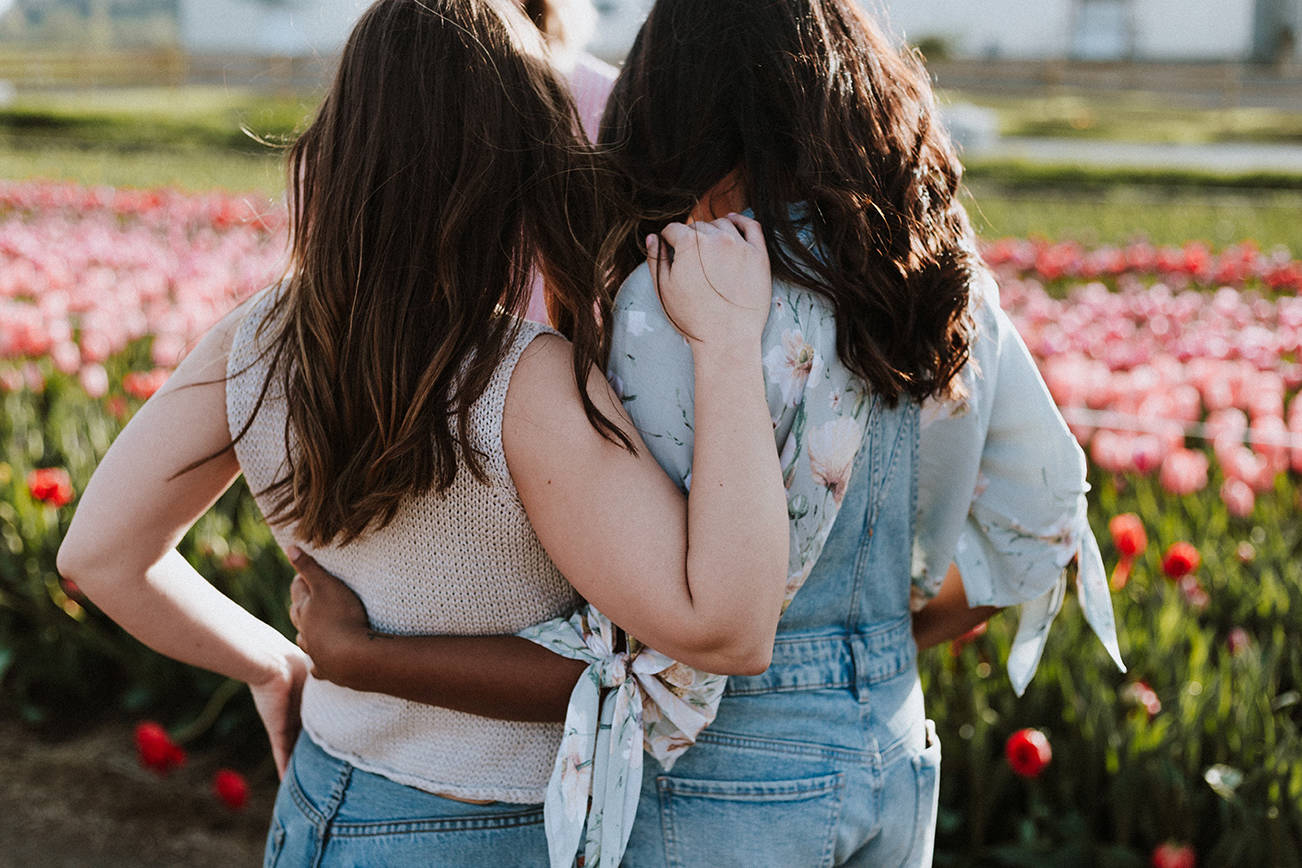Submitted by the Washington State Department of Health
If one of your friends had a fever and a cough, you would send them to bed and reschedule your time together. But 30–50 percent of people who’ve gotten COVID-19 got it from someone with no symptoms. That is, they got it from someone who looked, felt, and acted just like normal.
Limiting how many people we get together with in person — even when we and our friends all feel completely normal — reduces our chances of getting or spreading COVID-19.
That’s why the governor’s Safe Start plan restricts social gatherings to just a very few people.
In Phase 2 counties: we can gather with five or fewer people at a time.
In Phase 3 counties: we can gather with 10 or fewer people at a time.
And in Yakima, Benton, and Franklin counties: no gatherings are allowed.
You can see which phase your county is in and what’s open in each phase on the Safe Start page of the state’s COVID-19 website.
Larger social gatherings are one big reason we’re seeing high rates of COVID-19 activity throughout the state. Every time we’re around others talking, laughing, or singing, we risk catching the virus from someone’s breath.
Staying home is still safest
But when we go out, fewer, shorter, and safer interactions help us keep one another safe.
Only participate in one or two social gatherings a week. Make sure each gathering is with just five or 10 (depending on your county) people from outside your household.
Masks and distance. Make sure everyone stays six feet apart and wears face coverings.
Stay outside. Staying outdoors is much safer than gathering indoors because the wind can disperse everyone’s breath more quickly outdoors.
Keep it quick. Shorter in-person time is safer than longer in-person time.
Stay home if you’re sick. This may be your first chance to hang out with friend in a while, but it isn’t your last. If you feel sick at all — even just a little — reschedule. If you have any symptoms that might be related to COVID-19, call your health care provider or local health department to get tested.
Avoid contact. And when you get together with your five or 10 friends, tell them you love them with words, not a hug.
Practice compassion
Even when we feel great, we never know when we might be carrying a virus that could endanger others. Stay six feet away and wear a cloth face covering in public. Keep your community safe.
More information
Information changes rapidly. Check the state’s COVID-19 website for up-to-date and reliable info at coronavirus.wa.gov.
Answers to your questions or concerns about COVID-19 in Washington state may be found at www.doh.wa.gov/coronavirus. You can also contact the DOH call center, 6 a.m.-10 p.m., seven days a week at 1–800–525–0127.




